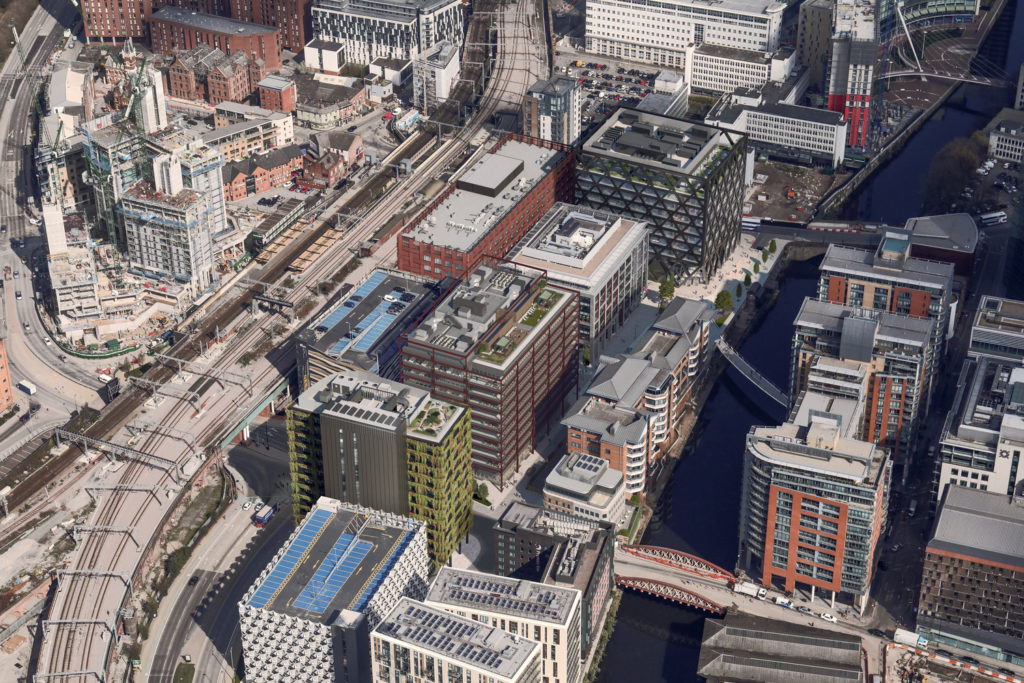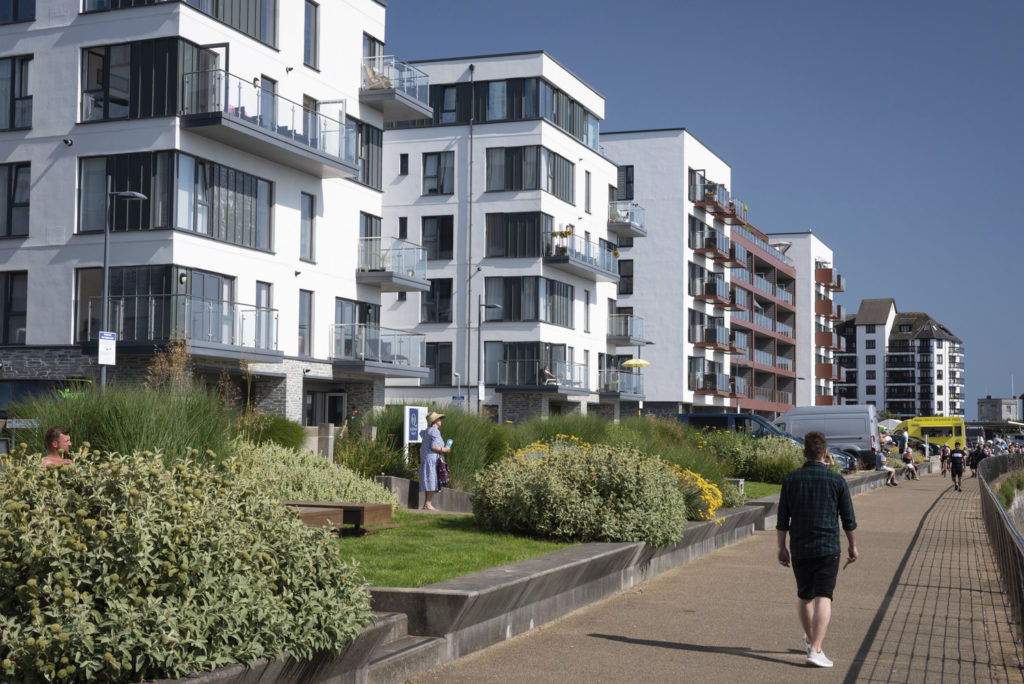How public-private partnerships can position our regional economies for global investment
08.07.24 4 min read

Securing global investment is fundamental to long-term growth across our towns and cities. It drives regeneration, creates jobs, and supports communities.
Government figures have shown that Foreign Direct Investment (FDI), spread across 1,600 projects during 2022/23, has created nearly 80,000 jobs across the UK.
Nevertheless, the last two years have seen a subdued global investment market, because of high-interest rates and other macro-economic factors.
Markets are anticipating an upswing in activity over the next 18 months and there will be opportunities to attract new global investors to the UK.
Already, London is amongst the world’s premier destinations for investment – ahead of Singapore, Paris, and New York. We know the fundamentals of the UK are sound. As the global investment market returns, across our regional economies we must also be ready to capitalise.
This is particularly true for high-quality placemaking and regeneration – delivering the new homes, retail, public and civic spaces we need.
Neither the public nor the private sector can do it alone. Robust and collaborative partnerships are needed at the local level to define an attractive local growth plan. Effective strategies are also needed public-private co-investment to remove barriers and unlock regeneration.
Firstly, a compelling and long-term vision is needed. A vision which builds on competitive advantage, identifies clear and investible opportunities, and includes a credible delivery plan.
This requires a dynamic collaboration between the public and private sector. It needs local authorities to work with landowners, established investors and delivery partners such as Muse.
By working together, barriers to delivery can be identified and removed. This might include land assembly, compulsory purchase, investment in infrastructure, or securing planning consents.
Exciting new places or neighbourhoods can be made ‘shovel ready’ and immediately attractive to institutional investors. A compelling narrative can be championed by private sector partners in global forums such as MIPIM or Expo Real.
With buy-in from all sides, a long-term plan alongside a bold place-based narrative, can help position a place within the global investment marketplace.
Working with a range of public sector partners, such as Homes England, with a track record of co-investment alongside the private sector, will also drive confidence.
It’s a signal there is a willingness and appetite to meet challenges and work in partnership to find solutions. It’s also a chance to enable those first opportunities, de-risk investment, and kick-start regeneration.
ECF – the partnership between Muse, Homes England, and Legal & General – is a strong example of successful co-investment within a public-private partnership.
By targeting those areas which have been left behind by traditional investment approaches, ECF can kick-start regeneration and help attract that wider investment.
Salford Central is an example of an ambitious shared vision between the public and private sector. Ten years ago, it was a 50-acre space, which was an unrealised opportunity.
In collaboration with Salford City Council, we created a new place with over 1,000 new homes, world-class workspaces – including Eden, a Net Zero in operation workspace which includes Europe’s largest living wall – and public spaces.
Salford is now a thriving investment destination.

Salford Central
We have transformed Plymouth’s historic docks by refurbishing the marina, stimulating activity within Millbay’s historic inner harbour. It has since hosted prestigious events such as the America’s Cup in 2011 and Sail GP in 2021 and 2022.
This was delivered alongside a 1,000-pupil school of creative arts, and a new community with homes, shops, and leisure.

Millbay, Plymouth
In both Salford and Plymouth, ECF unlocked the regeneration opportunity and enabled others to follow behind – confident in the vision.
Of course, public-private collaboration can achieve a lot more. We can enable delivery of bold placemaking over the long-term, curating new communities across the country.
However, in the medium term there will be opportunities to position our towns and cities as a destination for global investors.
Strong public-private partnerships can help shape an investment proposition, define opportunities, remove barriers, and unlock regeneration.
In doing so, together we can deliver long-term growth and economic success. We can build homes, create jobs, and provide opportunities for people and communities.